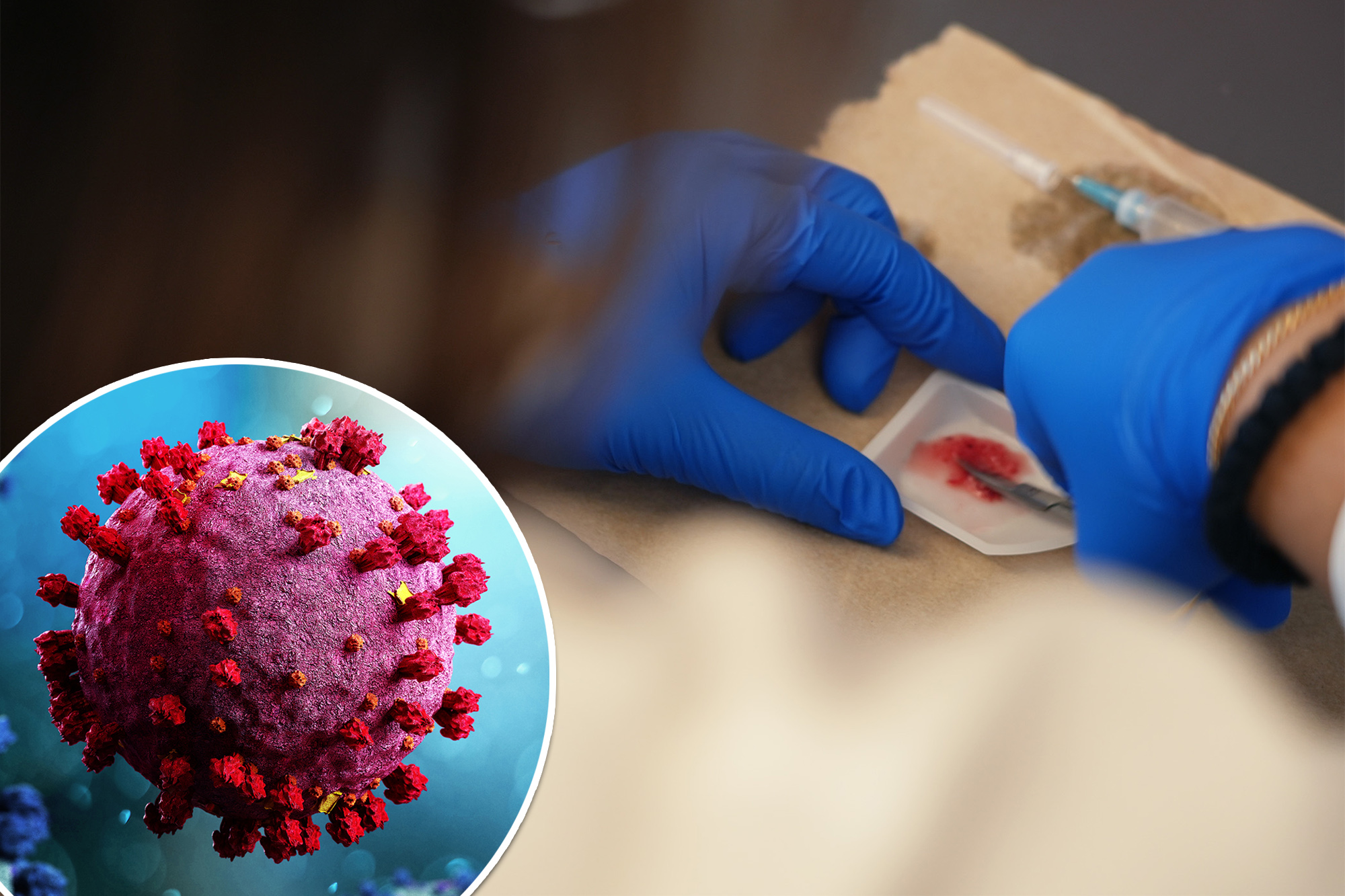
Scientists have discovered a surprising silver lining to the COVID-19 infection.
A new study by researchers at Northwestern Medicine Canning Thoracic Institute, published in the Journal of Clinical Investigation, found a link between COVID-19 infection and cancer regression.
Although doctors at Northwestern University cautioned that the research is still in its early stages, they hope more tests could lead to new treatments in the future.
The team observed that RNA from the SARS-CoV-2 virus can trigger the development of immune cells against cancer.
Called “inducible non-classical monocytes (I-NCMs),” these immune cells showed the potential to attack cancer cells, opening new opportunities for treatment. Rare compared to other types of monocytes, I-NCMs proliferate when inflammation materializes, as occurs during COVID-19 infection.
“We found that the same cells activated by severe COVID-19 could be primed with a cancer-fighting drug, and we specifically saw a response with melanoma, lung, breast and colon cancer in the study,” said study author Ankit Bharat, MD. , chief of thoracic surgery and director of the Canning Thoracic Institute.
“While this is still in the early stages and the effectiveness has only been studied in preclinical animal models, it offers hope that we may be able to use this approach to benefit patients with advanced cancer who have not responded to other treatments. .”
The creation of this subset of immune cells begins when RNA from COVID-19 sends a signal to the immune system that turns normal monocytes, a type of white blood cell, into I-NCM. These can spread to blood vessels and surrounding tissues where tumors develop, a dual ability that sets them apart from most other immune cells.
“Typically, immune cells called non-classical monocytes patrol the blood vessels, looking for threats,” Bharat said. “But they cannot enter the tumor site itself because of the lack of specific receptors.
But cells created during a severe period of COVID still have a specific receptor that allows them to penetrate the tumor environment.
“Once there, they release some chemicals to recruit the body’s natural killer cells. These killer cells then swarm the tumor and begin directly attacking the cancer cells, helping to shrink the tumor,” he said.
The study, conducted using human tissue and animal tests, found that doctors can use a drug to create the same effect that the RNA of COVID-19 does.
“By manipulating that pathway through medicine, we may be able to help patients with many different types of cancer, especially those with stage 4 cancer,” he said.
In preliminary tests, the compound reduced tumors by 60% to 70% in mice with human cancer.
While these findings are hopeful, Bharat notes that more research is needed.
“We’re in the early stages, but the potential to transform cancer treatment is there. Our next steps will include clinical trials to see if we can safely and effectively use these findings to help cancer patients.
In related research, a case study published in the British Journal of Hematology in 2022 showed the surprising trajectory of a man diagnosed with terminal stage III lymphoma, presenting with tumors throughout his body. Shortly after his diagnosis, the man contracted COVID-19, which hospitalized him for 11 days.
When the respiratory illness went away, he went home. About four months later, his tumors did too.
#COVID19 #body #fight #cancer #Shocking #study #links #virus #shrinking #tumors
Image Source : nypost.com